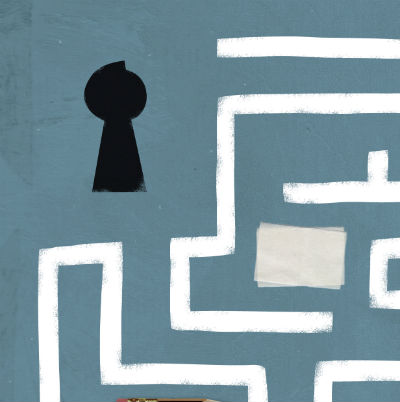Submitted by CRIN on
This report is part of CRIN's access to justice for children project, looking at the status of the Convention on the Rights of the Child (CRC) in national law, the status of children involved in legal proceedings, the legal means to challenge violations of children’s rights and the practical considerations involved in challenging violations.
South Africa ratified the Convention on the Rights of the Child (CRC) in 1995. The CRC does not take precedence over national law and does not appear to be directly enforceable in South African courts. Key provisions of the CRC have, however, been incorporated into constitutional and national law. Children aged seven or over can bring cases in their own name, but must be assisted by a guardian or court appointed representative. Children under seven rely on their guardian or representative to bring cases. The Children Act requires that in all matters concerning the care, protection and well-being of a child, the child's best interest must be considered of paramount importance, and that children have a right to participate in decisions concerning them. Legal aid is automatically granted to children in criminal proceedings, and is available for civil cases subject to a means and merits test. Most non-criminal cases will be heard in the Children’s Court, where proceedings are required to be conducted, as far as possible, in a relaxed and non-adversarial manner. South Africa allows NGOs to bring cases against children’s rights violations. UNICEF reports that the CRC has become an essential frame of reference in the South African legal system.

